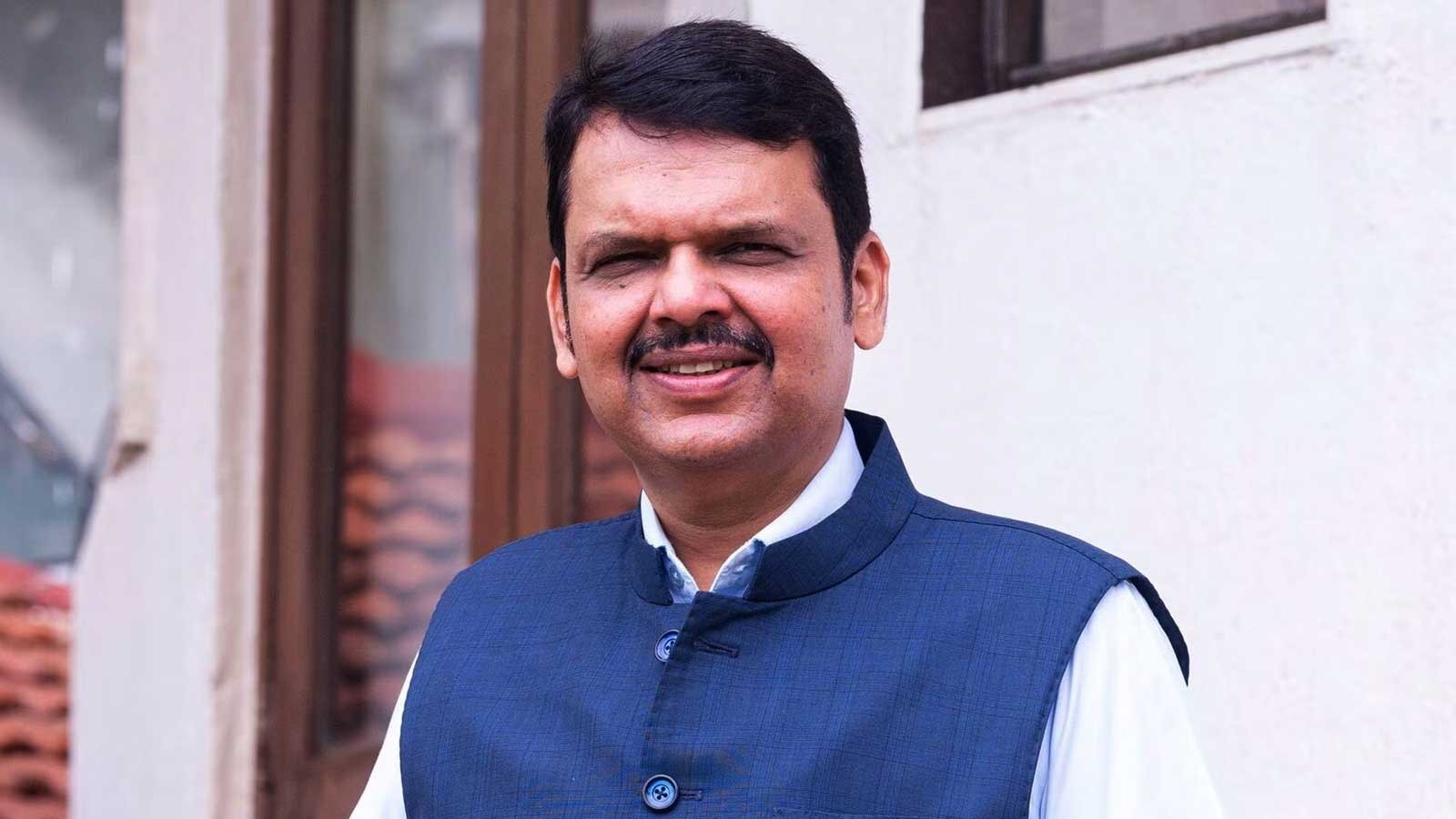Non-Disclosure of Criminal Cases In 2014 Election Affidavit: Nagpur Court Acquits Maharashtra Deputy CM Devendra Fadnavis

The case was brought against him by Nagpur-based lawyer Satish Uke under sub-section (1) of Section 33A of the Representation of People Act, 1951
Maharashtra Deputy Chief Minister Devendra Fadnavis has been acquitted in a case regarding the non-disclosure of pending criminal cases in his affidavit during the 2014 elections.
The case was brought against him by Nagpur-based lawyer Satish Uke under sub-section (1) of Section 33A of the Representation of People Act, 1951.
Judge SS Jadhav, a single-judge bench at the Nagpur Court, delivered the acquittal. Fadnavis acknowledged the non-disclosure but maintained that it was not intentional and occurred due to an oversight by his lawyer.
The complainant, Uke, had argued that there were criminal cases against Fadnavis dating back to 1996 and 1998, related to cheating and forgery, which were not disclosed in Fadnavis's affidavit filed during the 2014 elections.
The court summoned Fadnavis in April 2023. He explained that he had instructed his lawyer to compile the information, but it was inadvertently missed by the advocate. He maintained that there was no deliberate attempt on his part to conceal any of the criminal cases against him.
The trial held against Fadnavis in 2023 was the second trial in the same case. The initial trial took place in 2014, where the trial court ruled against Fadnavis.
In response, the Deputy Chief Minister filed an appeal before the Nagpur Bench of the Bombay High Court against the 2014 order. The Bombay High Court subsequently set aside the trial court's order.
Following this, the Nagpur-based lawyer, Uke, filed a plea before the Supreme Court challenging the high court's decision.
The Supreme Court determined that a case existed against Fadnavis and remanded the case back to the trial court for a fresh decision
